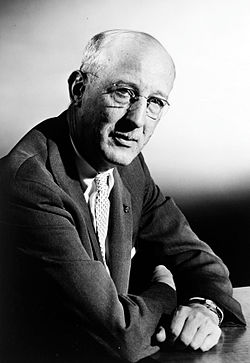Bruce Catton Quote
The end of the war was like the beginning, with the army marching down the open road under the spring sky, seeing a far light on the horizon. Many lights had died in the windy dark but far down the road there was always a gleam, and it was as if a legend had been created to express some obscure truth that could not otherwise be stated. Everything had changed, the war and the men and the land they fought for, but the road ahead had not changed. It went on through the trees and past the little towns and over the hills, and there was no getting to the end of it. The goal was a going-towards rather than an arriving, and from the top of the next rise there was always a new vista. The march toward it led through wonder and terror and deep shadows, and the sunlight touched the flags at the head of the column.
The end of the war was like the beginning, with the army marching down the open road under the spring sky, seeing a far light on the horizon. Many lights had died in the windy dark but far down the road there was always a gleam, and it was as if a legend had been created to express some obscure truth that could not otherwise be stated. Everything had changed, the war and the men and the land they fought for, but the road ahead had not changed. It went on through the trees and past the little towns and over the hills, and there was no getting to the end of it. The goal was a going-towards rather than an arriving, and from the top of the next rise there was always a new vista. The march toward it led through wonder and terror and deep shadows, and the sunlight touched the flags at the head of the column.
Related Quotes
People accuse me of falling in love easily. It just means that I'm able to see the beauty in most of the people who cross paths with me and I appreciate it for what it is and also for what it isn't. L...
About Bruce Catton
